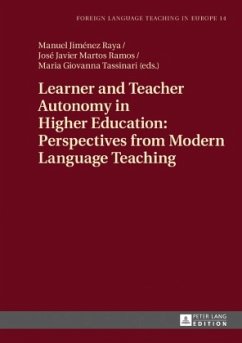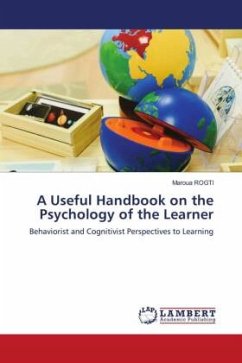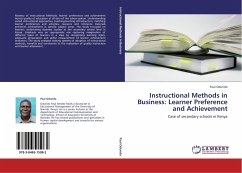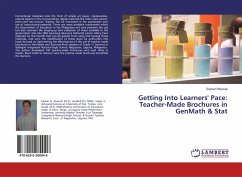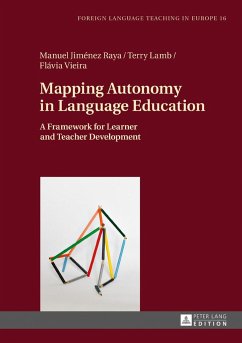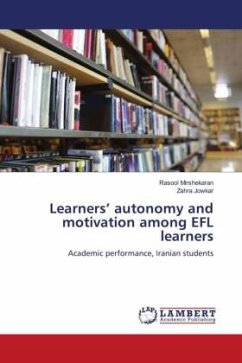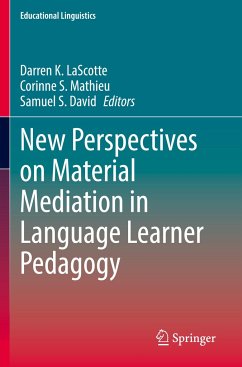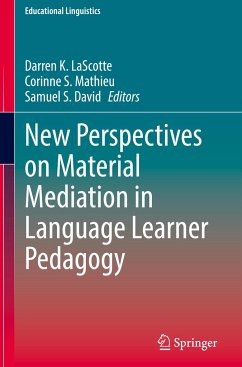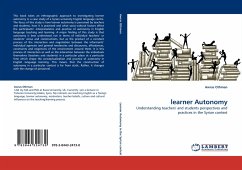
learner Autonomy
Understanding teachers'' and students perspectives and practices in the Syrian context
Versandkostenfrei!
Versandfertig in 6-10 Tagen
51,99 €
inkl. MwSt.

PAYBACK Punkte
26 °P sammeln!
This book takes an ethnographic approach to investigating learner autonomy in a case study of a Syrian university English language centre. The focus of this study is how learner autonomy is perceived by teachers and students, how it is practised and what socio-cultural factors affect the participants' interpretations and practice of autonomy in English language teaching and learning. A major finding of this study is that autonomy is best understood not in terms of individual teachers' or students' views and constructions, but as the product of a constant process of the interaction and negotiat...
This book takes an ethnographic approach to investigating learner autonomy in a case study of a Syrian university English language centre. The focus of this study is how learner autonomy is perceived by teachers and students, how it is practised and what socio-cultural factors affect the participants' interpretations and practice of autonomy in English language teaching and learning. A major finding of this study is that autonomy is best understood not in terms of individual teachers' or students' views and constructions, but as the product of a constant process of the interaction and negotiation between the informants' individual agencies and general tendencies and discourses, affordances, constraints and exigencies of the environment around them. It is this process of interaction as well as the interaction between the individuals themselves (teachers and students) in a particular place at a particular time which shape the conceptualization and practice of autonomy in English language learning. This means that the construction of autonomy in a particular context is far from static. Rather, it changes with the change of personnel.



